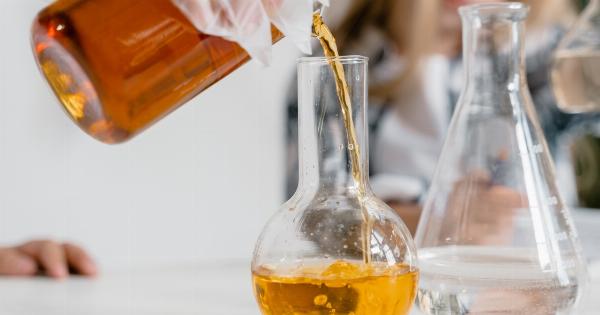Skin cancer is often caused by excessive exposure of the skin to the ultraviolet (UV) rays of the sun. While sunscreens may be used to protect the skin from the effects of these rays, there are other factors that can contribute to skin cancer.
One of such factors that has recently come to light is the consumption of olives.
The Study
A study conducted at the University of California, Los Angeles (UCLA) showed that people who consumed olives regularly were at a higher risk of developing skin cancer.
The research team identified a compound called oleocanthal, which is found in olives, as the primary culprit behind this risk.
According to the researchers, oleocanthal has the ability to damage the DNA in skin cells, which in turn results in the development of cancer. The study was conducted on both animal and human subjects, and the findings were consistent in both cases.
How Does Oleocanthal Affect the Skin?
Oleocanthal is a potent anti-inflammatory compound and is known to have numerous health benefits. However, when it comes to skin health, oleocanthal can cause more harm than good.
When UV rays from the sun come in contact with the skin, they produce free radicals, which are highly unstable molecules. These free radicals can damage skin cells and their DNA, and cause mutations that eventually lead to cancer.
Oleocanthal is a natural compound that can produce a similar effect on the skin. When it comes in contact with the skin, it generates free radicals, which can cause damage similar to that caused by UV rays.
This damage can accumulate over time, leading to the development of cancer.
What Can You Do?
The link between olives and skin cancer may be concerning, but it doesn’t mean you need to completely avoid olives in your diet. Instead, you can take some steps to reduce your risk of developing skin cancer:.
- Limit your olive consumption to moderate levels.
- Apply sunscreen before going outside and reapply every two hours.
- Wear protective clothing, such as a wide-brimmed hat and long-sleeved shirts.
These simple steps can help you reduce your risk of developing skin cancer while still enjoying the many health benefits of olives.
The Bottom Line
Oleocanthal, the compound found in olives, has been linked to an increased risk of developing skin cancer. While the link may be concerning, there’s no need to completely avoid olives in your diet.
By taking some simple steps to protect your skin from the sun and limiting your olive consumption to moderate levels, you can reduce your risk of developing skin cancer and still enjoy the many health benefits of olives.


























